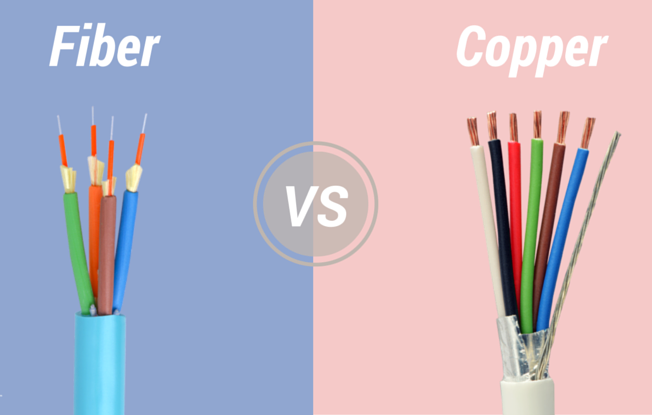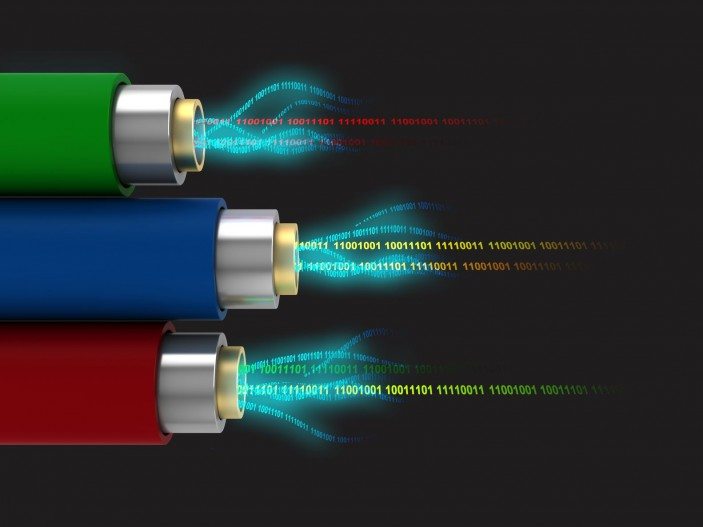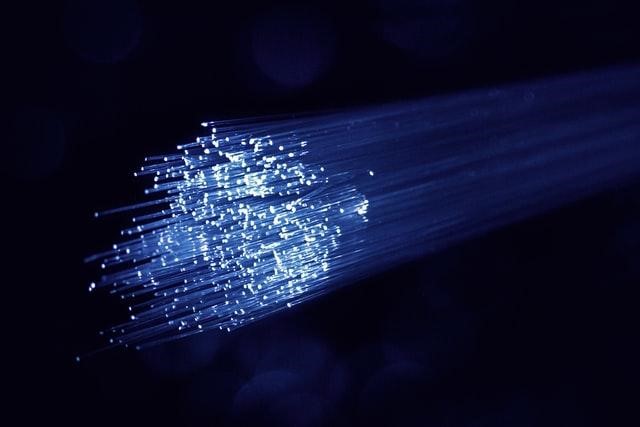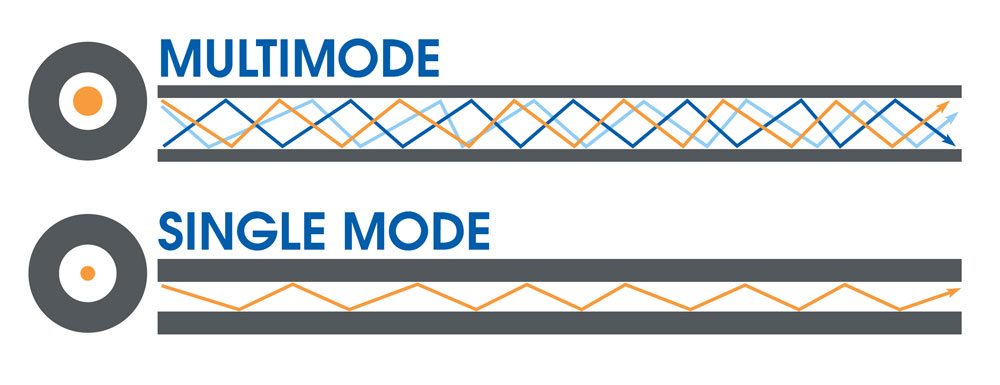
by ainet_admin | May 18, 2022 | Fiber Network
There are a lot of networking channels, such as copper cables, radio links, and microwaves. However, the only efficient networking, which is cheap, fast, and versatile, is the fiber network. Copper cables, which are alternatives for fiber networks, are the most...

by ainet_admin | May 18, 2022 | Dark Fiber Network
When a fiber is in use, it has a light pulse being transmitted through it. What do these light pulses do, you ask? Well, these light pulses send data and information from one point to another. So, what is a dark fiber in that case? Since fibers that have light pulses...

by ainet_admin | May 18, 2022 | Fiber Network
Are you skeptical about which one, fiber vs. cable internet, will allow you to surf the internet with great speed? Fret not! In this article, we will highlight the ultimate champion of the fiber vs. cable internet showdown! Difference Between Fiber vs. Cable Internet...

by ainet_admin | May 10, 2022 | Fiber Network
Fiber Optic vs. Wireless Broadband: The never-ending debate is here! Before we get into the more resounding topic, let’s understand what they are. Optical cables use fine glass fibers to transmit signals from one place to another. Moreover, it conveys...

by ainet_admin | Mar 22, 2022 | Fiber Network
Optical fibers Background: The evolution of optical fiber – enabled communications networks has taken place over time. In the early 1980s, telephone companies predominantly built optical fiber, and the benefits were obvious. Optical fiber could transmit large...

by ainet_admin | Feb 9, 2022 | Fiber Network
Just a few blogs before, AiNET wrote a blog explaining what fiber networks are and what different advantages it provides. However, we will explain it to you once again to make it easier for you. Fiber network, also known as fiber-optic communication,...







